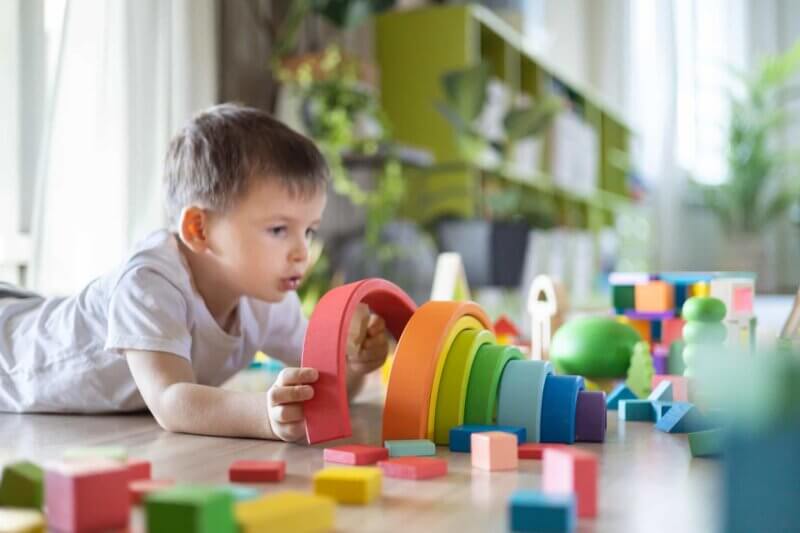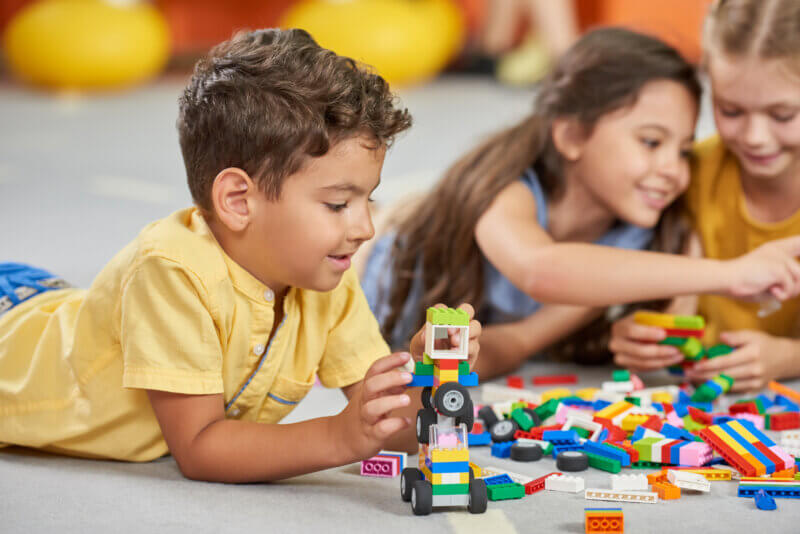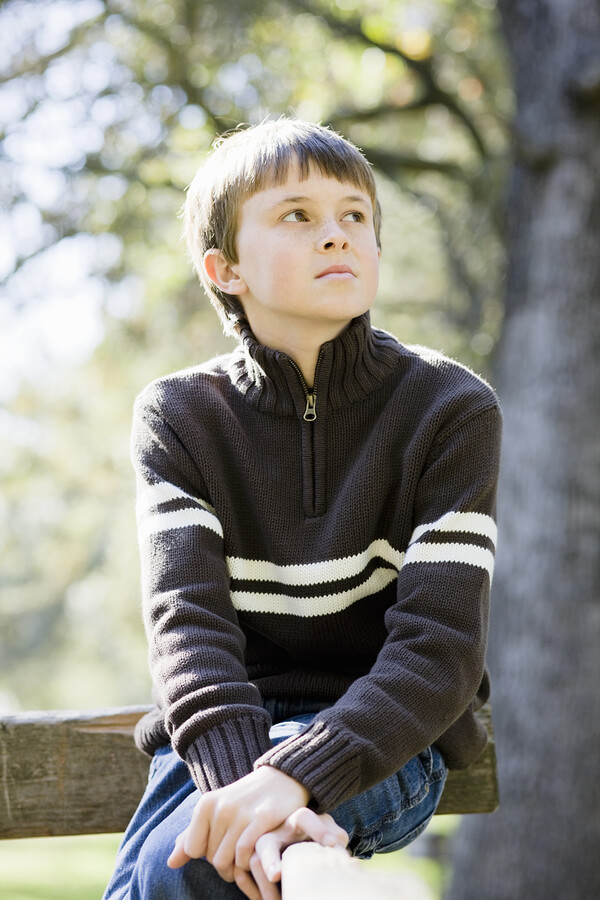Supporting Communication and Social Interactions for Autistic Individuals
The definition of communication is the exchange of thoughts, opinions or information by speech, writing or nonverbal expression. Communication skills are important for everyone because they help a person learn, understand the world, connect with others, and express their thoughts and feelings. Autistic individuals often have a different way way of communicating and a range of communication skills and abilities…










